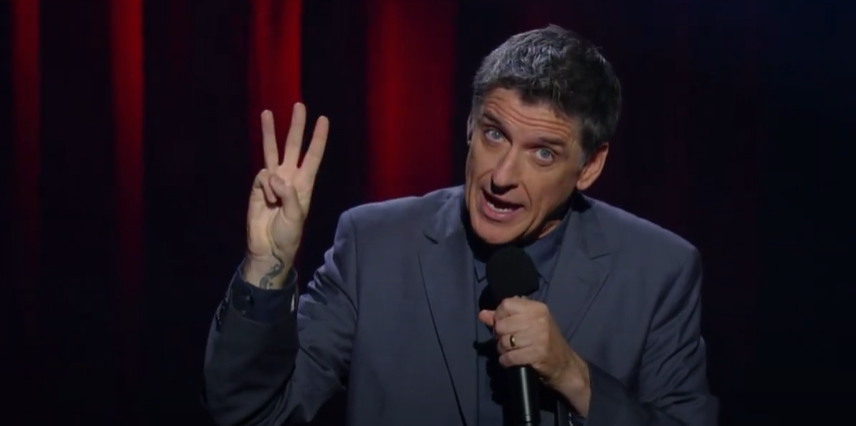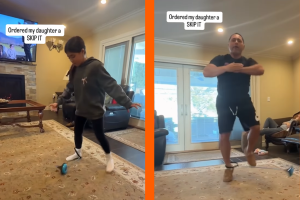“Three things cannot be retrieved: The arrow once sped from the bow. The word spoken in haste. The missed opportunity,” Idries Shah writes in “Caravan of Dreams.” We all have moments when it is best to keep our mouths shut, but unfortunately, we said something careless and hurt someone’s feelings. Unfortunately, as Shah writes, it’s impossible to take it back once we utter something regrettable.
Comedian Craig Ferguson, who hosted the CBS late-night talk show “The Late Late Show with Craig Ferguson” from 2005 to 2014, learned to stop saying regrettable things the hard way. By sharing how he solved his problem in his stand-up act, he prevented many people from putting themselves in the same situation. In his 2011 EPIX comedy special, “Does This Need To Be Said?,” he shared how he overcame his habit of making regrettable remarks.
“The three things you must ask yourself before you say anything: Does this need to be said? Does this need to be said by me? Does this need to be said by me, now?” Ferguson joked that it took him three marriages before he learned this lesson. In 2008, he married his third wife, art dealer Megan Wallace-Cunningham, and 3 years later, they had a son.
Warning: Strong language.
Ferguson shared the observation as part of a segment about how people constantly post regrettable things without thinking on the internet. This problem was not present in the Medieval ages when people couldn’t write, had nothing to write with, and had no internet.
The advice, now known by some as the “3-Question Rule,” has caught on beyond the world of stand-up comedy. Justin Bariso, an emotional intelligence expert and the author of “EQ Applied: The Real-World Guide to Emotional Intelligence,” explained it recently on The Culture Crush podcast.
Here’s how we can put the rule into practice in our everyday lives.
You go to Starbucks in the morning, and they accidentally forget to toast your bagel, and you want to give them a piece of your mind.
Does this need to be said? Nope, just move on with your day.
You notice that a co-worker is coming back from lunch looking intoxicated every day, and it’s beginning to become a problem. You want to let them know that being at work intoxicated is unacceptable.
Does this need to be said? Yes.
Does this need to be said by me? Nope. It is probably best to talk to your manager or HR.
You go out to dinner with some friends, and your spouse shares an embarrassing story about you that you’d rather she didn’t share. You want to tell her that she upset you.
Does this need to be said? Yeah, for sure.
Does this need to be said by me? 100%.
Do I need to say this now? No. You can wait until you get home or tomorrow morning so you won’t fight in front of your friends.
The 3-Question Rule is a great way to pause and reflect before putting ourselves in an uncomfortable situation or hurting someone’s feelings. When you start stacking moments where you refrain from giving someone a piece of your mind or making a snide remark, you’ll build an even better inner strength that allows you to respond to situations versus mindlessly reacting. With that comes confidence, assertiveness, and fewer sleepless nights.



































